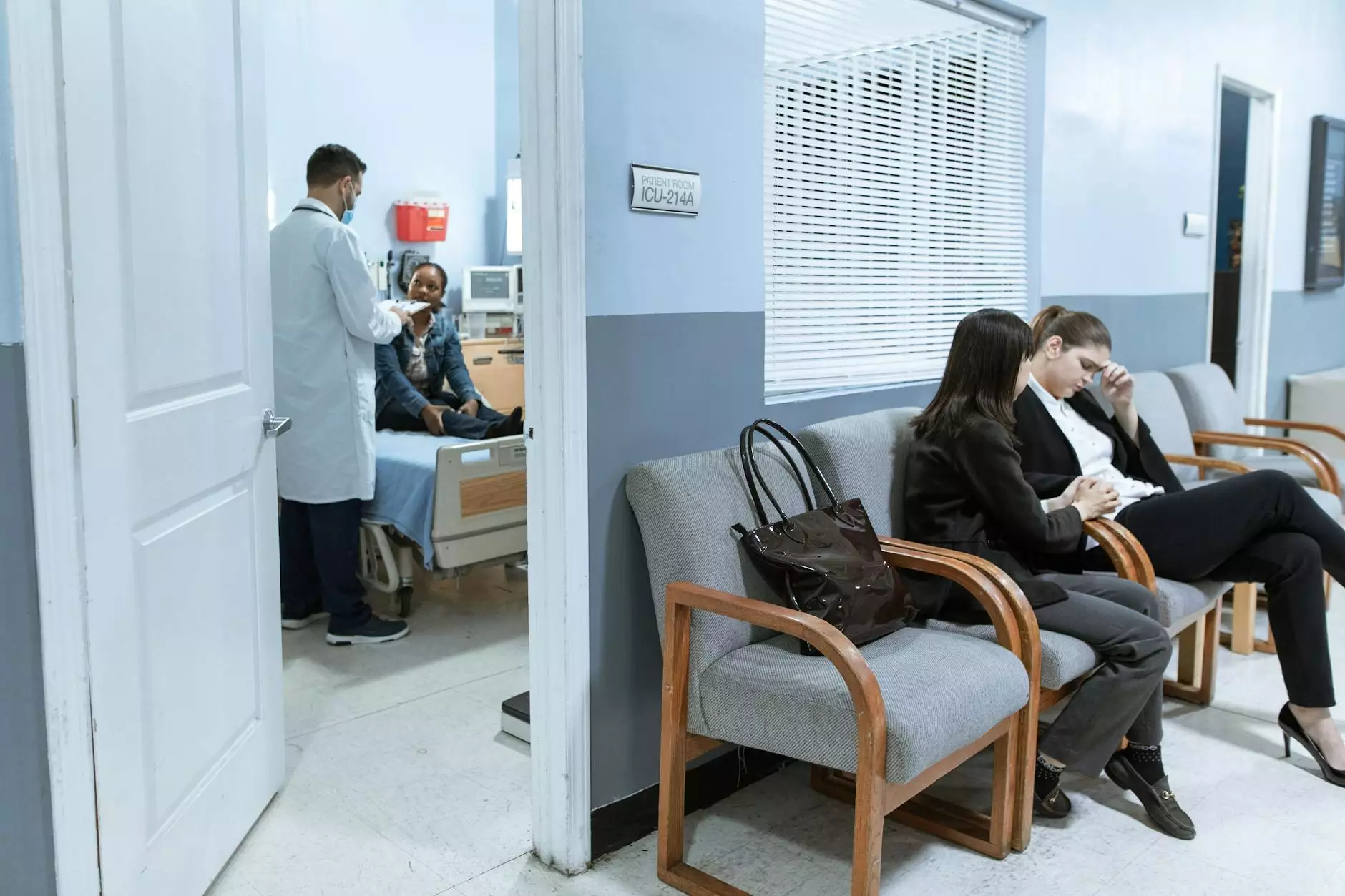Understanding the Causes and Cures for Restless Legs Syndrome

The phenomenon of Restless Legs Syndrome (RLS) is one that affects numerous individuals, yet many remain unaware of its causes and the effective cures that exist. Characterized by an irresistible urge to move the legs, this condition can interfere with daily activities and significantly impact quality of life. In this comprehensive article, we will delve into the causes and cures for restless legs, providing insights that can help sufferers find relief and regain control over their lives.
What is Restless Legs Syndrome?
Restless Legs Syndrome, also known as Willis-Ekbom disease, typically surfaces during periods of inactivity, such as sitting or lying down. Individuals often experience uncomfortable sensations in their legs, which prompts a compulsive urge to move. This can result in disruptions to sleep and an overall decline in mental health.
The Common Symptoms of Restless Legs Syndrome
To accurately identify whether you or a loved one is suffering from RLS, it is vital to recognize its symptoms:
- Uncomfortable sensations in the legs, often described as crawling, tingling, or itching.
- An overwhelming urge to move the legs, especially during rest.
- Symptoms that intensify in the evening or night, leading to sleep disturbances.
- Temporary relief when moving the legs, such as walking or stretching.
- A family history of RLS, suggesting a genetic component.
Exploring the Causes of Restless Legs Syndrome
The specific causes of RLS may differ from one individual to another, but several potential triggers have been identified, which can play a significant role in the onset of this condition:
1. Genetic Factors
Research indicates a hereditary aspect to RLS. If your parents or siblings experience this condition, you may be at a higher risk of developing it.
2. Iron Deficiency
A lack of iron in the body can adversely impact dopamine production, leading to symptoms of RLS. Iron plays a crucial role in brain health; thus, rectifying deficiencies can alleviate symptoms.
3. Chronic Illnesses
Certain medical conditions, including diabetes, kidney failure, and neurological disorders, can exacerbate symptoms of restless legs. Managing these underlying conditions is essential.
4. Pregnancy
Hormonal fluctuations during pregnancy, particularly in the third trimester, can trigger transient RLS symptoms. Postpartum symptoms often resolve after childbirth.
5. Medications
Some medications, notably antihistamines, antidepressants, and certain anti-nausea drugs, may have side effects that contribute to RLS symptoms.
6. Lifestyle Factors
An unhealthy lifestyle, characterized by poor diet, lack of exercise, and excessive alcohol or caffeine consumption, can aggravate symptoms. Managing these factors plays a pivotal role in overall wellbeing.
Effective Cures for Restless Legs Syndrome
Fortunately, there are numerous cures for restless legs syndrome that can help alleviate symptoms and enhance quality of life. Here's a closer look at some viable options:
1. Lifestyle Modifications
Implementing simple lifestyle changes can significantly reduce the severity of RLS symptoms:
- Regular Exercise: Engaging in moderate physical activity can improve circulation and ease symptoms, but be cautious of exercising too close to bedtime.
- Sleep Hygiene: Establishing a consistent sleep routine and creating a restful environment can mitigate sleep disruptions caused by RLS.
- Avoiding Stimulants: Limiting caffeine and alcohol can decrease symptom intensity.
- Massage and Warm Baths: Gentle massage or taking warm baths can help relax muscles and reduce discomfort.
- Stretching Exercises: Implementing gentle stretches before bedtime can be beneficial in mitigating symptoms.
2. Dietary Adjustments
Diet can play a significant role in managing RLS symptoms:
- Iron-Rich Foods: Incorporate foods high in iron, such as red meat, beans, and spinach, into your diet.
- Hydration: Ensure to drink enough water to stay hydrated, as dehydration can worsen symptoms.
- Vitamin Deficiencies: Consider a balanced diet that includes essential vitamins, particularly magnesium and folate, which may help alleviate symptoms.
3. Medications
For individuals with severe RLS, medication may be necessary:
- Dopaminergic Agents: Medications that increase dopamine levels in the brain, like pramipexole and ropinirole, have proven effective.
- Gabapentin: Originally designed for epilepsy treatment, gabapentin can be effective in treating RLS symptoms.
- Opiates: In certain cases, opiate medications may be prescribed for those who do not respond adequately to other treatments.
4. Alternative Therapies
Many individuals find relief through alternative therapies:
- Acupuncture: This ancient practice may help stimulate the nervous system and alleviate discomfort.
- Yoga and Meditation: These techniques promote relaxation, which can aid in reducing anxiety and improving sleep.
- Essential Oils: Using oils such as lavender and chamomile during massage or in a diffuser can create a calming environment, beneficial for sleep.
Finding the Right Treatment
Managing RLS often involves a combination of approaches tailored to the individual's needs. It is vital to consult a healthcare professional who can accurately diagnose and recommend appropriate treatment strategies based on your specific condition.
Conclusion
In conclusion, understanding the causes and cures for restless legs syndrome can empower individuals to seek effective relief and improve their quality of life. Whether through lifestyle modifications, dietary changes, medication, or alternative therapies, there are numerous avenues available for combating this condition. If you or someone you know struggles with RLS, reach out to a qualified healthcare provider, like those at Truffles Vein Specialists, to discuss the most suitable treatment options tailored to your needs.
Additional Resources
For more insights on overcoming Restless Legs Syndrome, consider visiting reputable websites and forums where you can connect with others experiencing similar issues, and share and learn about effective coping strategies.



